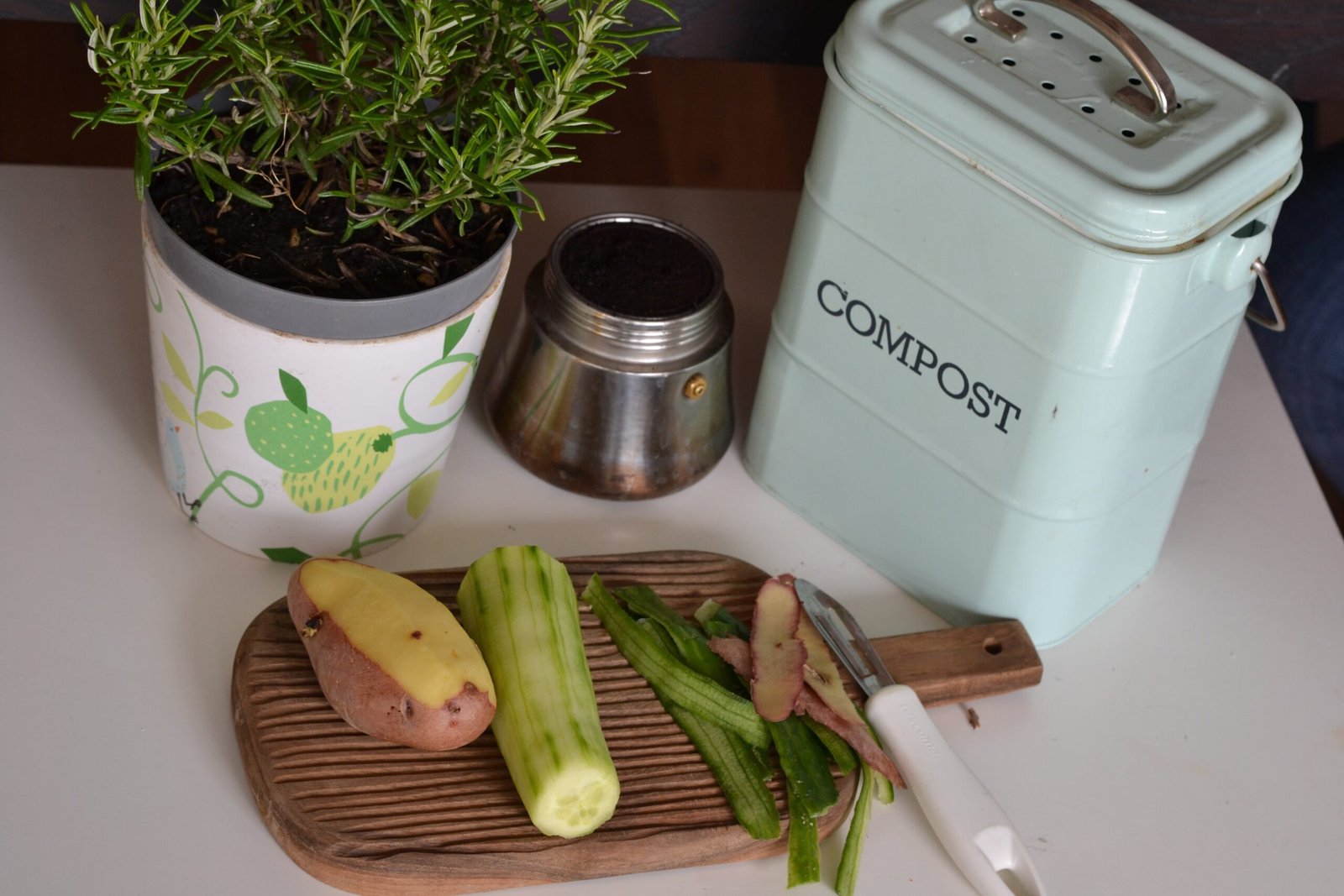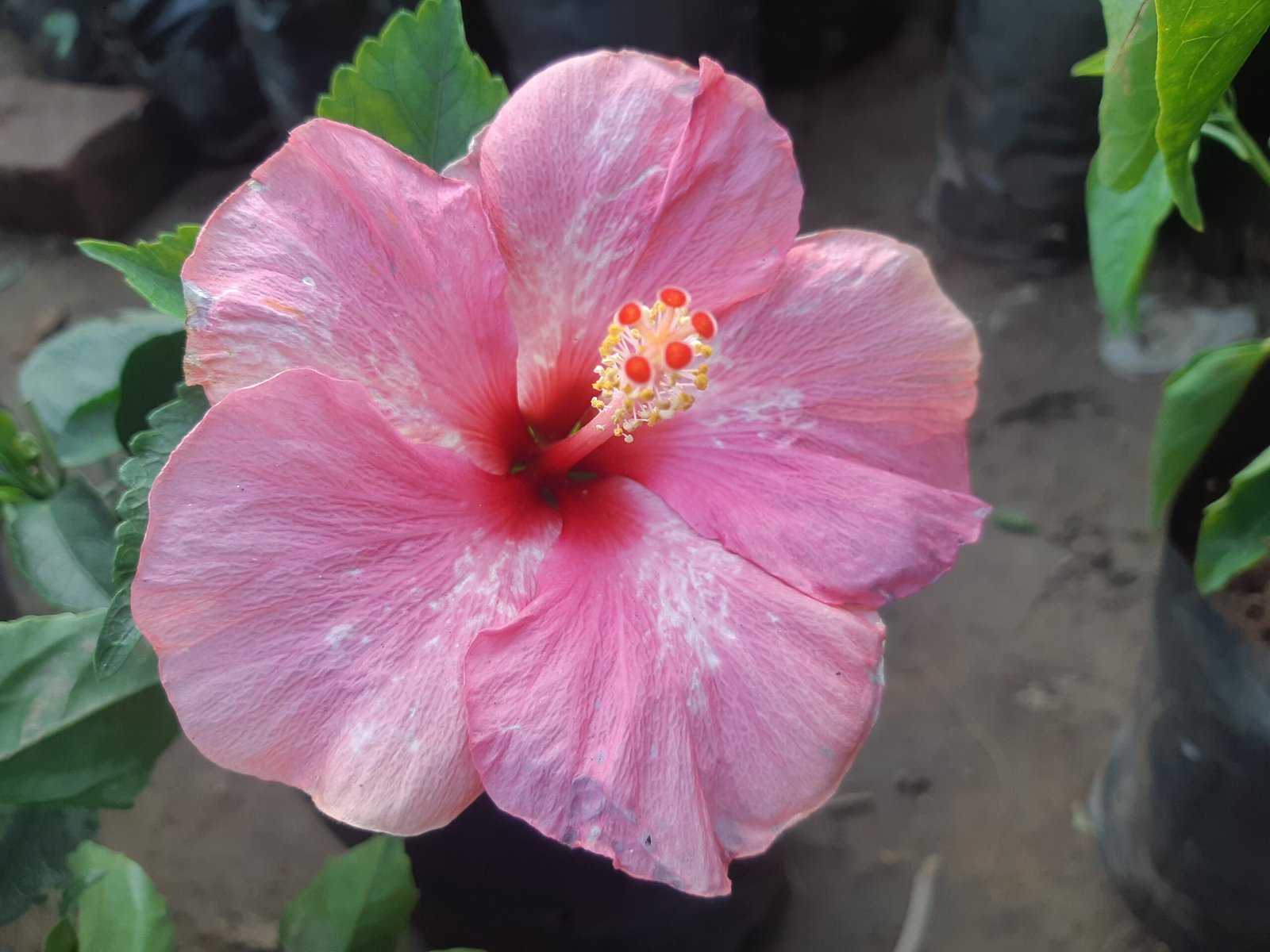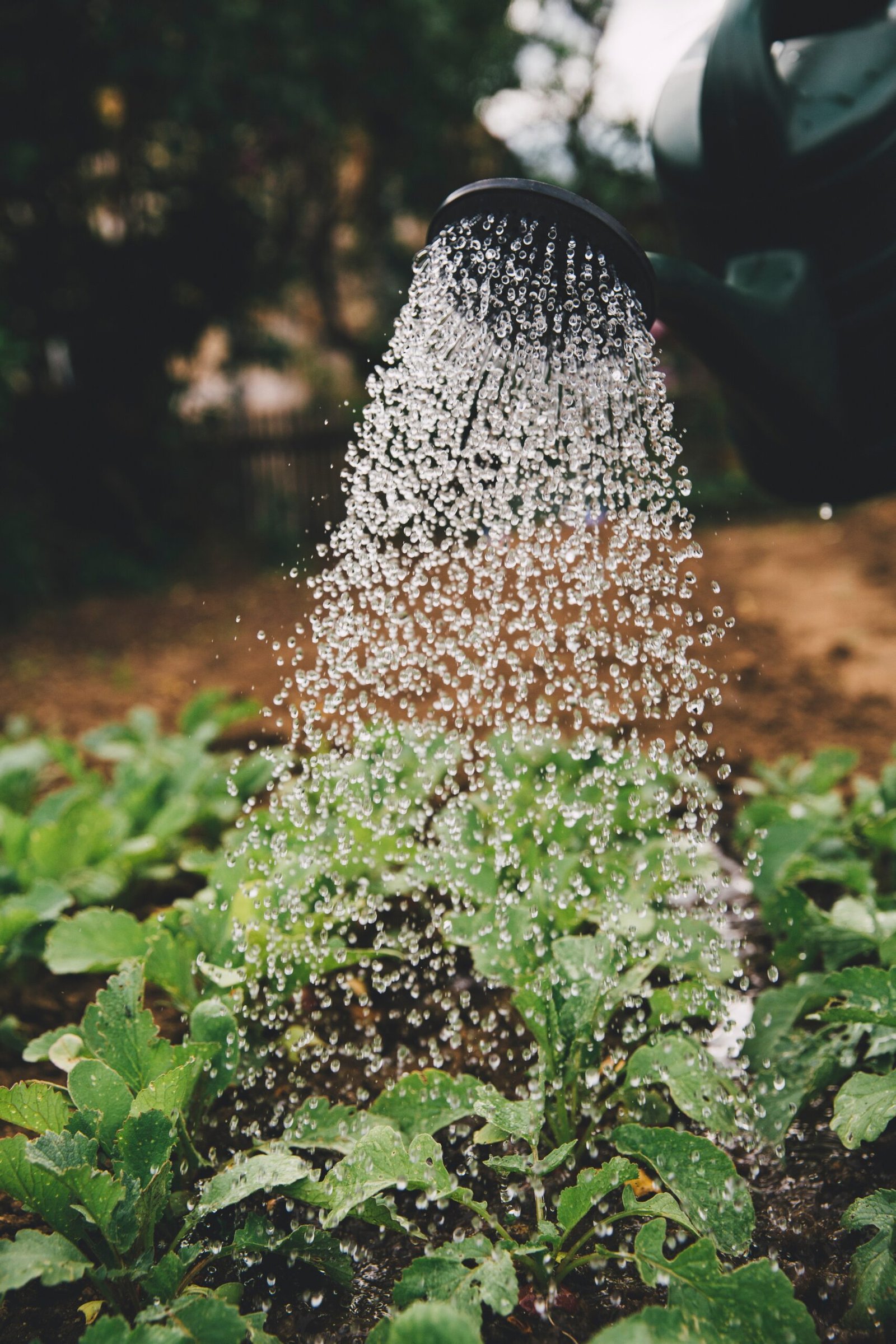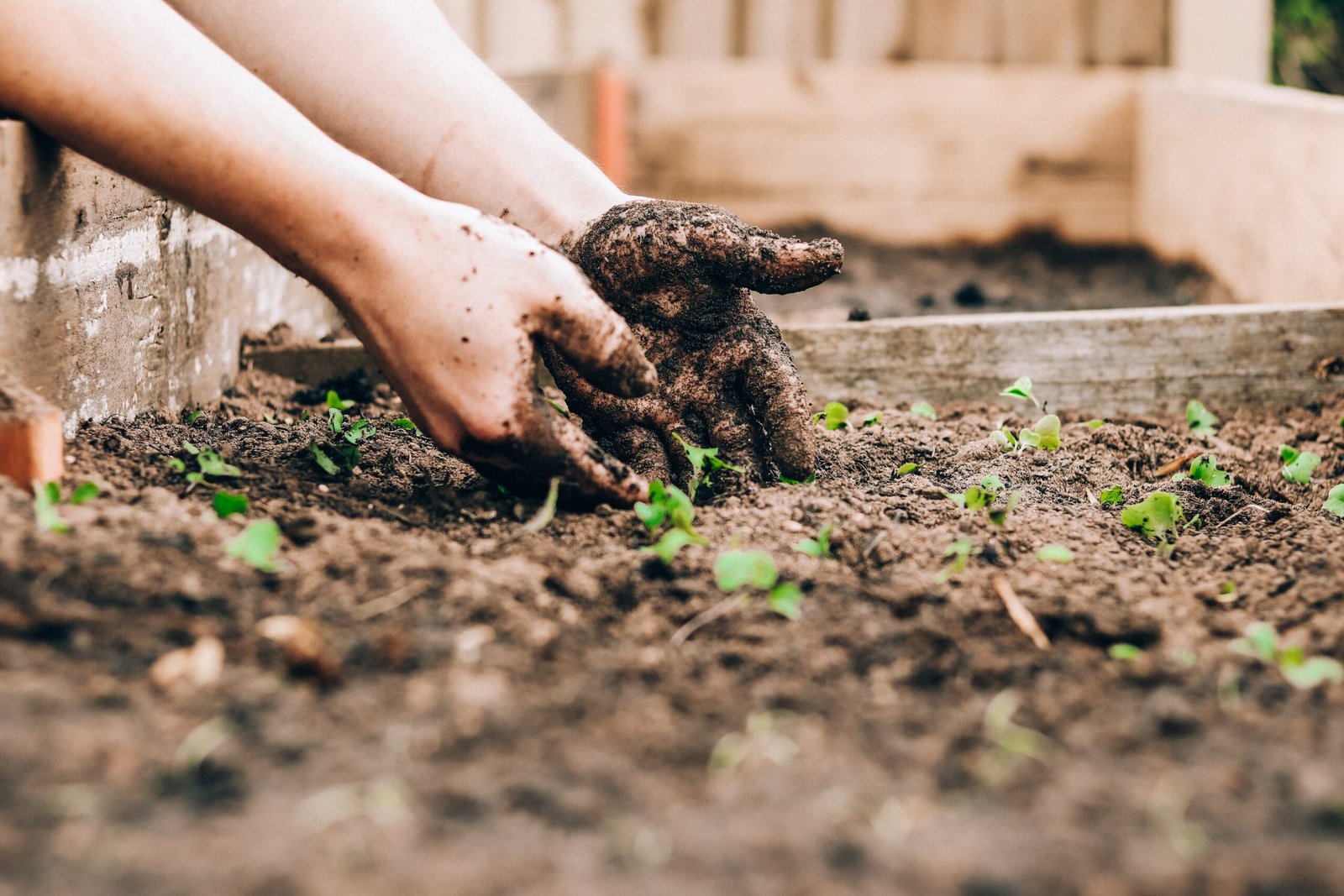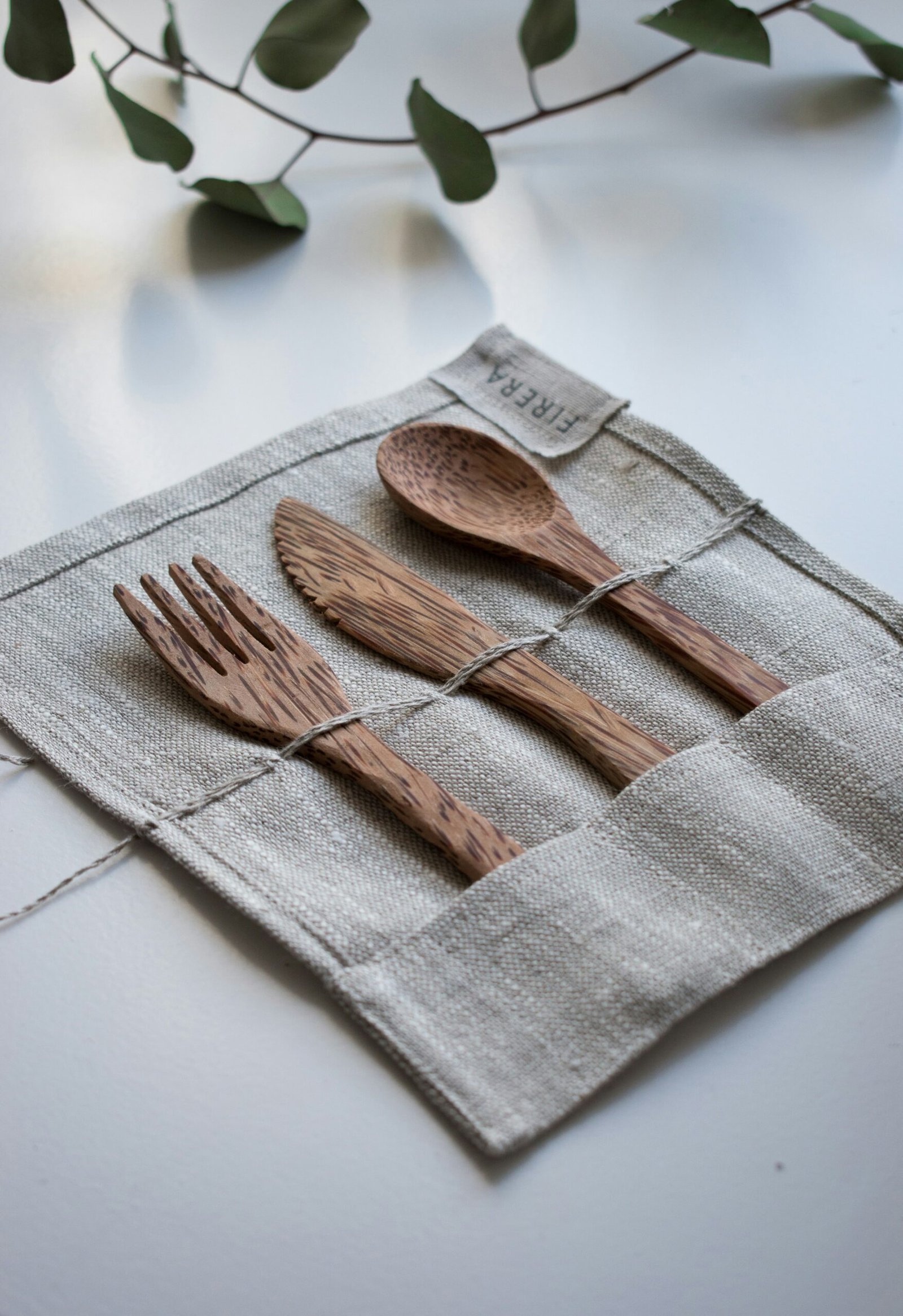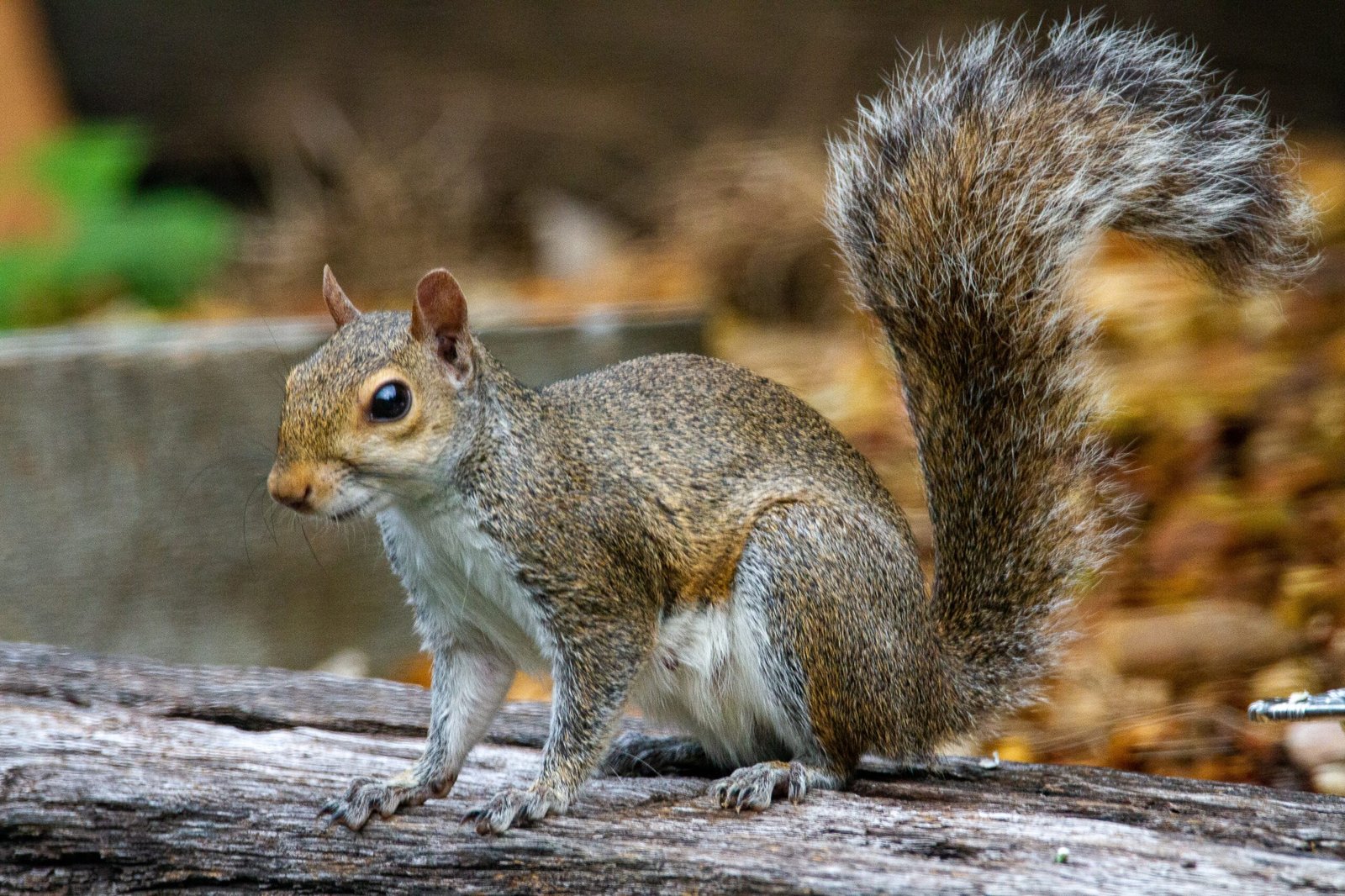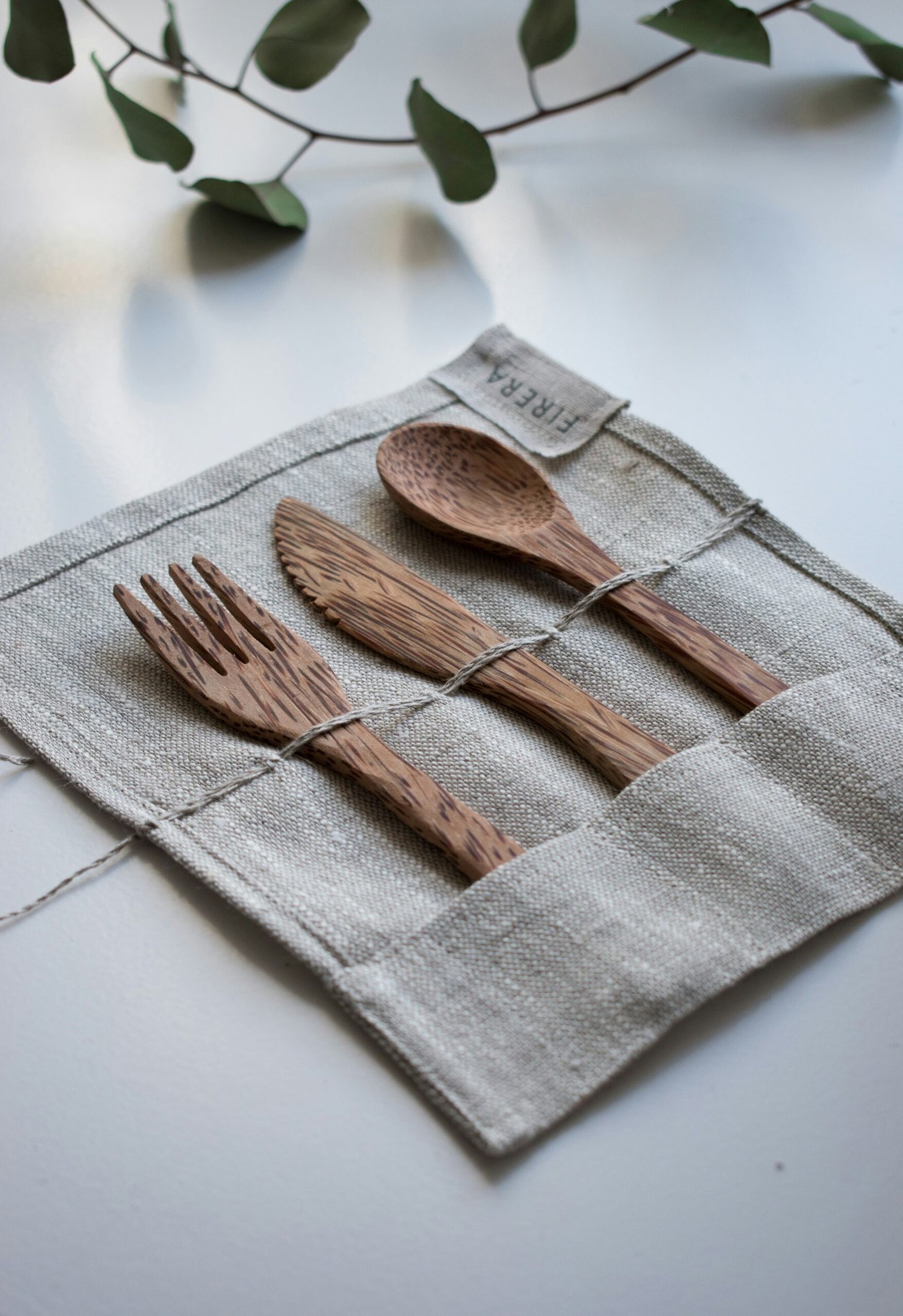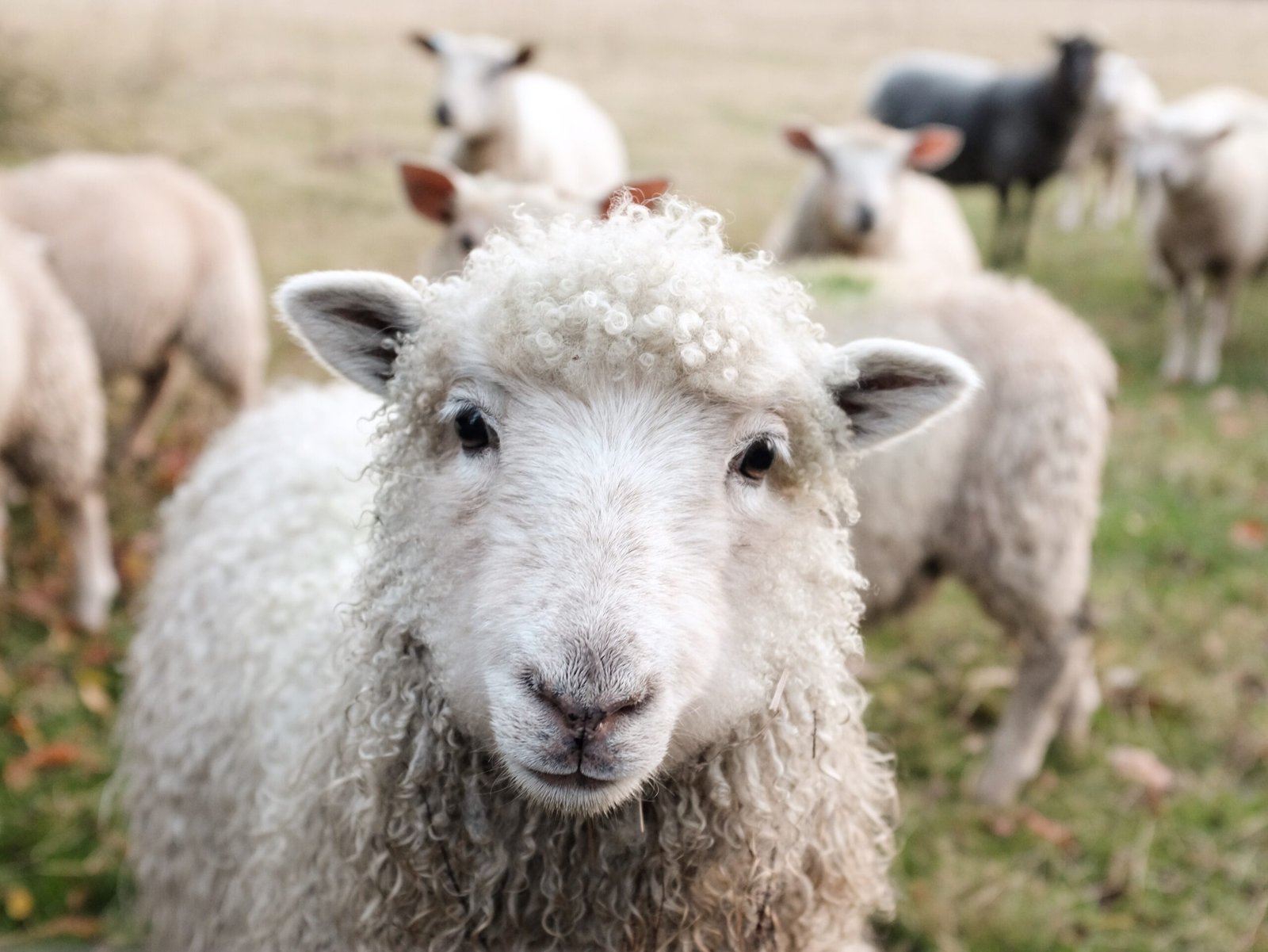How to Start a Compost Bin in Your Backyard: A Comprehensive Guide
Are you looking for a sustainable way to reduce waste and improve the health of your garden? Starting a compost bin in your backyard is the perfect solution. Not only does composting help divert organic waste from landfills, but it also creates nutrient-rich soil that can boost the growth of your plants. In this comprehensive guide, we will walk you through the process of setting up a compost bin, share the latest trends and news in composting, and provide tips and tricks for successful composting.
Why Compost?
Composting is a natural process that transforms organic waste, such as fruit and vegetable scraps, coffee grounds, and yard trimmings, into a nutrient-rich fertilizer. By composting, you can reduce the amount of waste that ends up in landfills, where it contributes to greenhouse gas emissions. Additionally, composting improves soil health by increasing its ability to retain moisture, enhancing nutrient availability, and promoting beneficial microbial activity.
Getting Started
Starting a compost bin is easier than you might think. Here are the steps to get you started:
- Choose a location: Find a suitable spot in your backyard that is easily accessible and receives partial sunlight. Avoid placing the bin too close to your home to prevent any potential odors.
- Select a bin: There are various options available, including DIY bins made from repurposed materials or commercially available compost bins. Choose a bin that suits your needs and budget.
- Add the right ingredients: Composting requires a balance of green (nitrogen-rich) and brown (carbon-rich) materials. Green materials include fruit and vegetable scraps, grass clippings, and coffee grounds, while brown materials include dry leaves, straw, and shredded paper.
- Layer and mix: Start by adding a layer of brown materials at the bottom of the bin, followed by a layer of green materials. Continue layering and mixing the materials to ensure proper aeration and decomposition.
- Monitor and maintain: Regularly monitor the moisture level and temperature of the compost pile. Keep it moist like a damp sponge and turn it occasionally to promote decomposition.
- Harvest and use: After a few months, your compost will be ready to use. It should have a dark, crumbly texture and an earthy smell. Use it to enrich your garden soil or as a top dressing for your plants.
Latest Trends and News
Composting has gained significant popularity in recent years, with more people recognizing its environmental and agricultural benefits. According to a recent study, the global compost market is projected to grow at a CAGR of 6.5% from 2021 to 2026. This growth is driven by increased awareness about sustainable waste management practices and the rising demand for organic farming.
In response to this growing trend, many cities and municipalities have implemented composting programs to encourage residents to compost their organic waste. Additionally, innovative technologies, such as in-vessel composting and anaerobic digestion, are being developed to accelerate the composting process and maximize resource recovery.
Frequently Asked Questions
Q: What can I compost?
A: You can compost a wide range of organic materials, including fruit and vegetable scraps, eggshells, coffee grounds, yard trimmings, and shredded paper. Avoid composting meat, dairy products, and oily foods, as they can attract pests.
Q: How long does it take to make compost?
A: The time required to make compost can vary depending on various factors, such as the composting method, the ingredients used, and the environmental conditions. Generally, it takes anywhere from a few months to a year to produce finished compost.
Q: Can I compost in an apartment?
A: Yes, you can compost in an apartment using indoor composting methods, such as vermicomposting (composting with worms) or bokashi composting (fermentation). These methods are compact and odor-free, making them suitable for small spaces.
Tips for Successful Composting
Here are some additional tips to ensure successful composting:
- Avoid adding diseased or pest-infested plant material to your compost bin.
- Chop or shred larger materials into smaller pieces to speed up the decomposition process.
- Keep your compost pile covered to retain moisture and prevent it from drying out.
- Avoid overloading your compost bin with too many green materials, as this can lead to a smelly and slimy compost pile.
By following these tips and guidelines, you can start your own compost bin and contribute to a more sustainable future while improving the health of your garden.
Conclusion
Starting a compost bin in your backyard is a rewarding and environmentally friendly endeavor. By diverting organic waste from landfills and creating nutrient-rich compost, you can improve the health of your garden and reduce your carbon footprint. Remember to choose a suitable location, add the right ingredients, and maintain your compost pile regularly. With a little effort and patience, you’ll soon be rewarded with a valuable resource that will help your plants thrive.
Join the composting movement today and make a positive impact on the environment. Don’t forget to share this guide with others on social media and encourage them to start their own compost bins!
